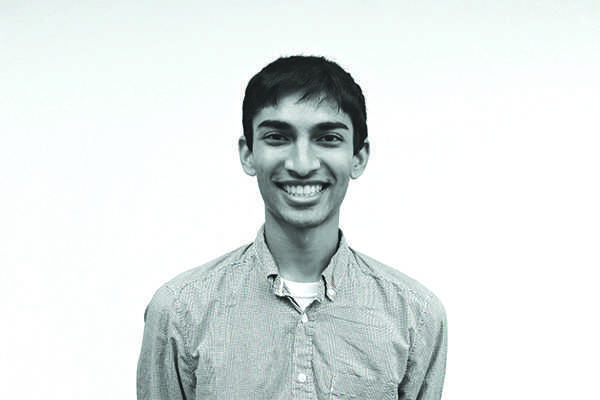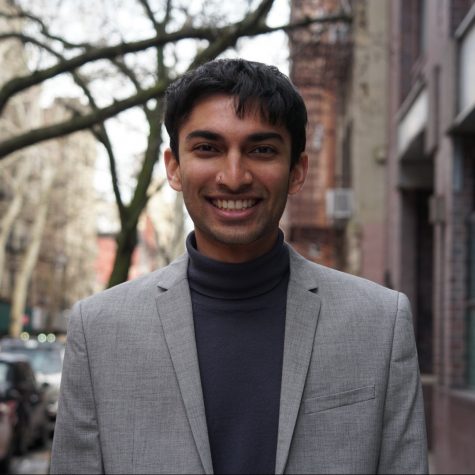Democracy needs electoral college

November 2, 2015
As the general election draws nearer, conversations about the flaws of the U.S. political process are inescapable. The Electoral College system is frequently denounced as an antiquated roadblock to fair democracy, with nearly 70 percent of young Americans in favor of deposing it entirely. Critics present a plethora of arguments against the method, the strongest being the College’s capacity to award the presidency to a candidate who did not win the popular vote. Despite its faults, the Electoral College actually protects democracy and should be preserved.
Many are quick to attack the system for the prolonged political turmoil that followed the 2000 election between George W. Bush and Al Gore, but the last time before 2000 that such a brouhaha occurred was in 1888. By contrast, 16 of the past 35 presidential elections exhibited a popular vote percent margin less than 5 percent. While the chaotic scrambling of 2000 was confined to Florida, these thin margins could possibly debilitate the entire nation. Furthermore, the media’s horse race coverage of election night contributed to the frustrating aftermath which left many grumbling about how Bush stole the election.
In a popular system, Democrats could campaign solely to the coasts and win the White House, and Republicans could do the same in the South and Midwest. Third parties would bring more legislative gridlock, and candidates would pander to certain groups, polarizing the populace as a whole. Our current system forces candidates to be moderate, uniting and representing all Americans. Opponents point to the disproportionately great amount of time and money spent on swing states, but this too is beneficial. Because swing state citizens know they have high voter efficacy, they educate themselves on the issues, rather than blindly following a party.
Critics proceed to attribute low voter turnout in one party-dominated states to the College’s winner-takes-all formula. While Republicans in Massachusetts and Democrats in Alabama may feel silenced, citizens vote to express preference, not to swing elections. Moreover, this method prevents close — and consequently disputed — outcomes. The College is also condemned for over-representing small states, but the makeup of the electors reflects the makeup of Congress, crafted to check majority power. Besides, 72 percent of our presidents hail from just seven “big” states, so there is little danger that Wyoming’s voice will ever shut out California’s.
Though a popular electoral system may be fundamentally more democratic, there is no practical alternative to the College. The Founding Fathers did not institute this process merely because they lacked the technology to do otherwise; they knew that a perfect democracy was unattainable. The existing electoral system unites the nation and keeps an often volatile democracy in line.
Opinions expressed on the editorial pages are not necessarily those of WSN, and our publication of opinions is not an endorsement of them.
A version of this article appeared in the November 2 print edition. Email Akshay Prabhushankar at [email protected].

























































































































































Tommys • Nov 2, 2015 at 10:09 pm
In the 2012 presidential election, out of the 253 presidential and vice-presidential campaign events, 2/3 of that went to just four states – Ohio, Florida, Virginia, and Iowa. Your arguing these crucial states puts pressure on their citizens to be more educated on political issues. Why can’t everybody matter – everyone feels important and hence everyone feels the need to be educated on political issues?
Tommys • Nov 2, 2015 at 9:55 pm
In a popular vote, why would Democrats solely campaign in Democratic places, or Republicans solely to Republic places? EVERY vote count, so shouldn’t it be that a Democrat would likely campaign in Texas, and a Republican campaign in California, for example? If every vote count, my role as a candidate is to persuade citizens of opposing views to see my views.